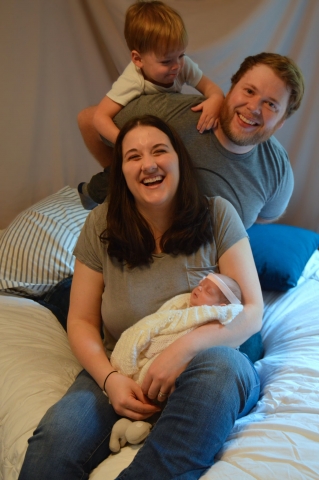Nicholas Haynes embraces his study and practice of Industrial-Organizational Psychology. “I love how it combines math, science, and technology, while applying it to the work context – where most of us spend a large portion of our lives,” he explains.
The term “workaholism” covers a range of definitions. In fact, Haynes contributed to a paper on the development and validation of a measure of workaholism.
Haynes says, “The first step is raising awareness of the differences between being a hard worker and being a workaholic. For example, workers passionate about their work have less negative psychological and physical health outcomes—and even positive outcomes.”
“On the other hand, workaholics have almost universally negative outcomes, some in the short-term and some in the long-term. The primary positive outcome we’ve seen in meta-analyses and primary studies is career advancement—back to my point that workaholism is rewarded right now. Interestingly, we have not found much evidence that workaholism even leads to positive organizational outcomes (e.g., performance). So, the ‘business case’ for workaholism appears to be without merit,” he explains.
“I love using a variety of research designs and statistical models in my work because each combination gives you a slightly different perspective on the phenomena,” Haynes explains. “For example, my research lab has done qualitative studies to deep-dive into how workaholism affects the family by interviewing spouses of workaholics. On the other hand, we also study the links between workaholism and physiological health.”
Haynes currently works as a senior consultant for People and Talent Insights at Anthem Inc., focused on internal consulting. “I balance science and practice to provide insights and recommendations that are based on Industrial-Organizational Psychology best practices,” he explains.
He is working to finish his PhD thesis at University of Georgia—and has two young children. He admits that managing it all is difficult. “It has forced me to be very strategic and efficient with my time,” he says.
Haynes says “The ARCS award has played a huge role in my last three years of graduate school. Winning the award and knowing I could use the funding for anything—including general living expenses—gave my wife and I enough security to start our family. We have had two children while receiving the ARCS award.”
“I hope my research brings awareness to the negative effects of workaholism on health and well-being, organizational outcomes, families, communities, and societies,” he says. “For a long time, some cultures have praised, rewarded, and expected a workaholic workforce.”
Haynes says, “One thing I hope to be doing more of in ten years is pro-bono work.” He currently is the affiliate director and an organizational effectiveness consultant for Volunteer Program Assessment (VPA). VPA helps non-profits understand the strengths and growth areas for their volunteer workforce.

